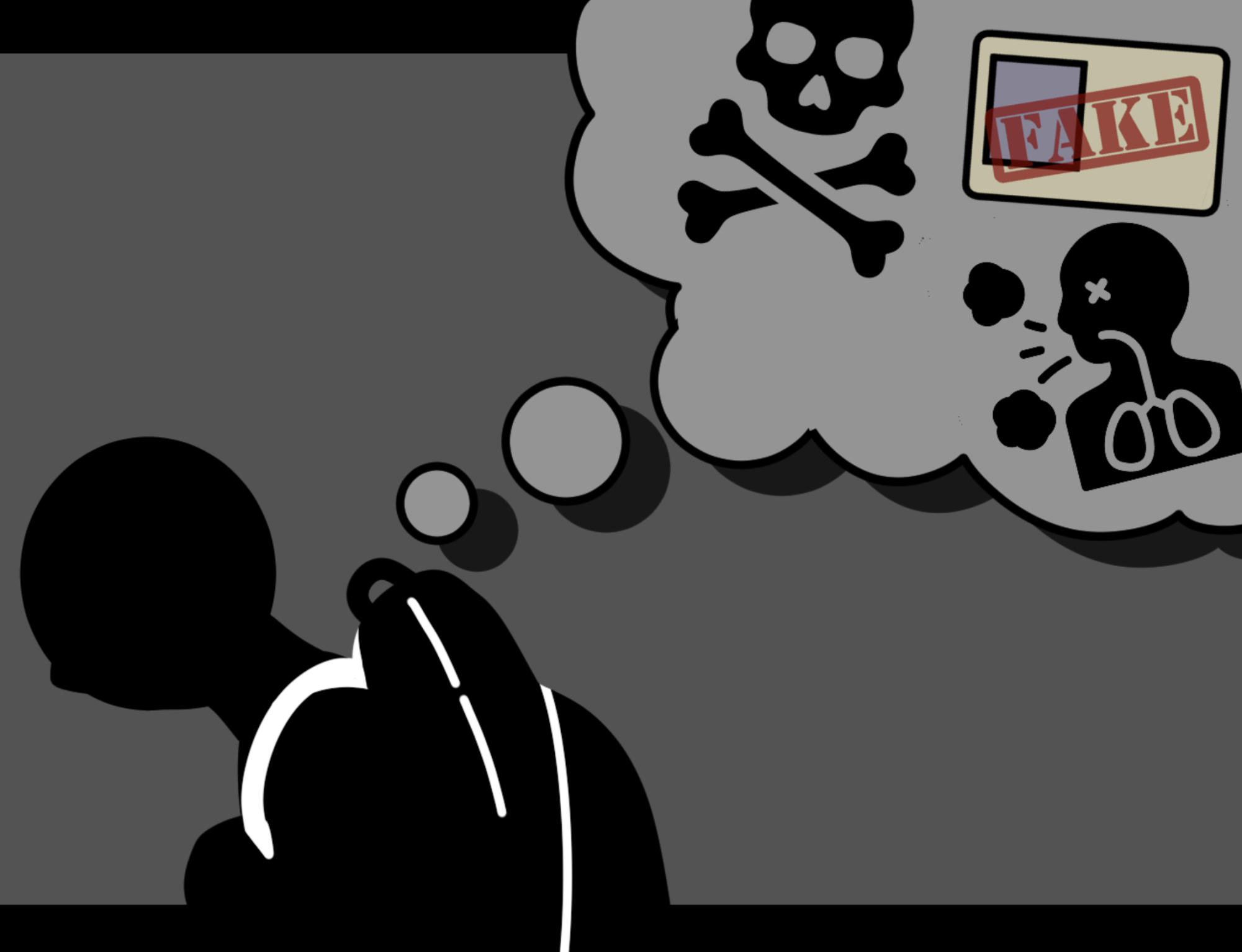
*DISCLAIMER: ALL STUDENTS INTERVIEWED ARE ANONYMOUS OUT OF REQUEST*
Given media coverage and racial stereotypes, one might assume Korean teens to be more studious than their American counterparts. After all, Korea is well known for its academic pressure and overachieving students. However, that is not exactly the case.
According to a study by the Korean Center of Disease Control, Underage alcohol and tobacco use prevails in Korea and is steadily on the rise. We often see teens smoking in uniforms all around major cities. Notorious for their brazen attitudes, Korean school gangs, known as iljins(일진), scheme bold approaches to try to get hold of a bottle of soju and a pack of cigarettes.
Instagram feeds also frequently feature sneak peeks of Korean teenagers in party rooms with soju bottles and e-cigarettes. This disturbing trend grows ever so quickly. The Korean education system places more emphasis on competition over personal care for students. This allows them to get around the law to dabble in alcohol and tobacco.
I interviewed students who unanimously said one of the most concerning issues in their schools involves underage alcohol and nicotine use. Increasingly younger students partake in such activities. Furthermore, students voiced that many pupils tried alcohol, cigarettes, or vapes at least once.
“They vape in the bathroom during breaks between classes. There are a couple of kids like that, and it’s not a small number. In fact, I’m sure it’s very common. As for alcohol…during half-days or similar situations, students get a room for partying and usually drink there,” said student A in Seoul.
It gets worse with multilingual students who exploit their language abilities to get hold of substances. Many Korean students exhibit fluency in English due to their studies from hagwons and exposure to western media. Education from academies and private institutions meant to improve students instead provides them with a way to manipulate local shop owners into providing substances.
Because shopkeepers check mainly for Korean National IDs, if the customer seems to be a foreigner or to possess a language barrier, the cashier skips the inspection, which many take advantage of. Student B said, “Even if you look Korean, you’d be speaking in English with your friends, so they (the cashiers) think you’re a foreigner.”
While strict disciplinary actions range from parent-teacher conferences, suspensions, expulsions, and contact with authorities, schools tend to let students off easy with an email home or detention. This lessens the weight of such misbehavior.
“What our school does is just detention for three days and an email to parents. A lot of people just take it as a three-day break,” student B said. “…if their parents are strict and they didn’t know about it, then, of course, they might get an extended punishment at home. But if that’s not the case, then it’s just, like I said, a three-day break.”
Why do so many teenagers feel the urge to vape, drink, and smoke? Student B said, “If you ask someone that vapes why they vape, their main answer will be that they’re stressed. But c’mon, to be honest, are you really stressed? And if you are really stressed, are vapes the only solution?”
Peer pressure and curiosity lurk under the superficial reason of ‘stress.’ Student B said, “I feel like peer pressure is also a big aspect. And it’s not even peer pressure in the sense that people are asking ‘Oh, bro, try this. Try this. Try this vape.’ No, if you’re surrounded by a community that vapes and drinks, [you develop] curiosity. You start to wonder what that feeling is like.” Other students shared the same view. Although direct acts of peer pressure do not take place, teenagers feel compelled to try such substances to fit in.
It isn’t all bad news though; hope still prevails. Because many Korean teenagers start to vape, smoke, and drink out of curiosity, an education system reform could see positive results. Emphasis on the legal and academic risks of vices may give schools a better chance at getting through to their target audience.
Public schools can utilize various methods such as advisory and Social Emotional Learning classes to encourage students towards healthier lifestyles. Because Korean schools generally don’t allocate time for interactive discussions, regular classes for students to converse on social issues would certainly help educate them. Schools should also introduce such classes to younger students in order to guide preteens onto the right track.
While underage substance abuse still impedes mental and physical health, society can implement educational measures to lead students to a bright future. We must move towards the future, not fixate on our past mistakes.



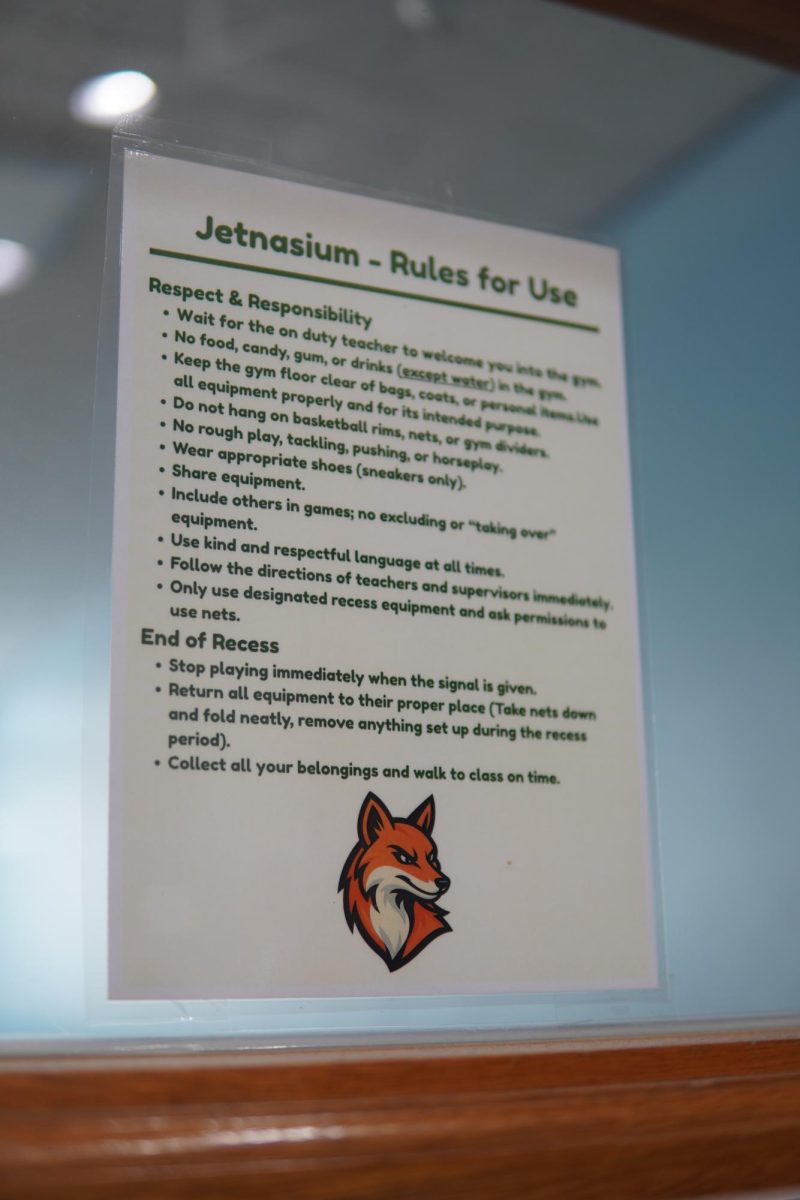
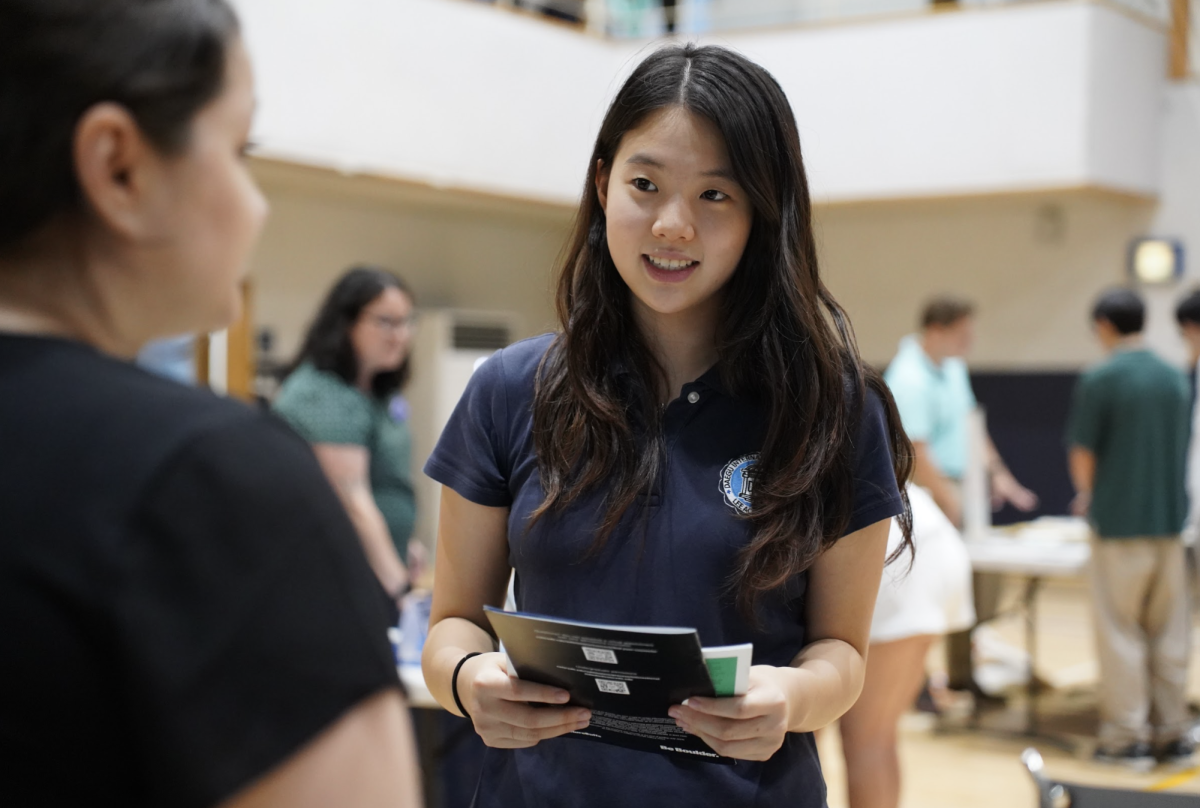
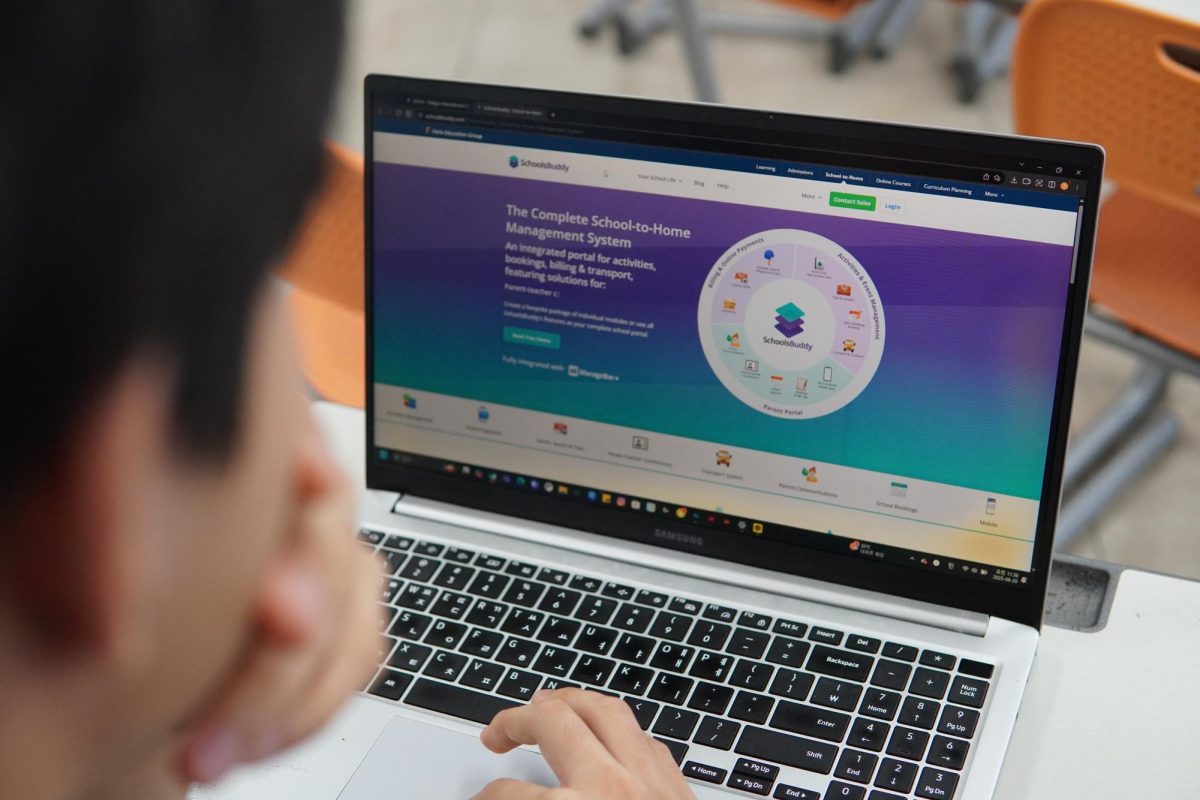
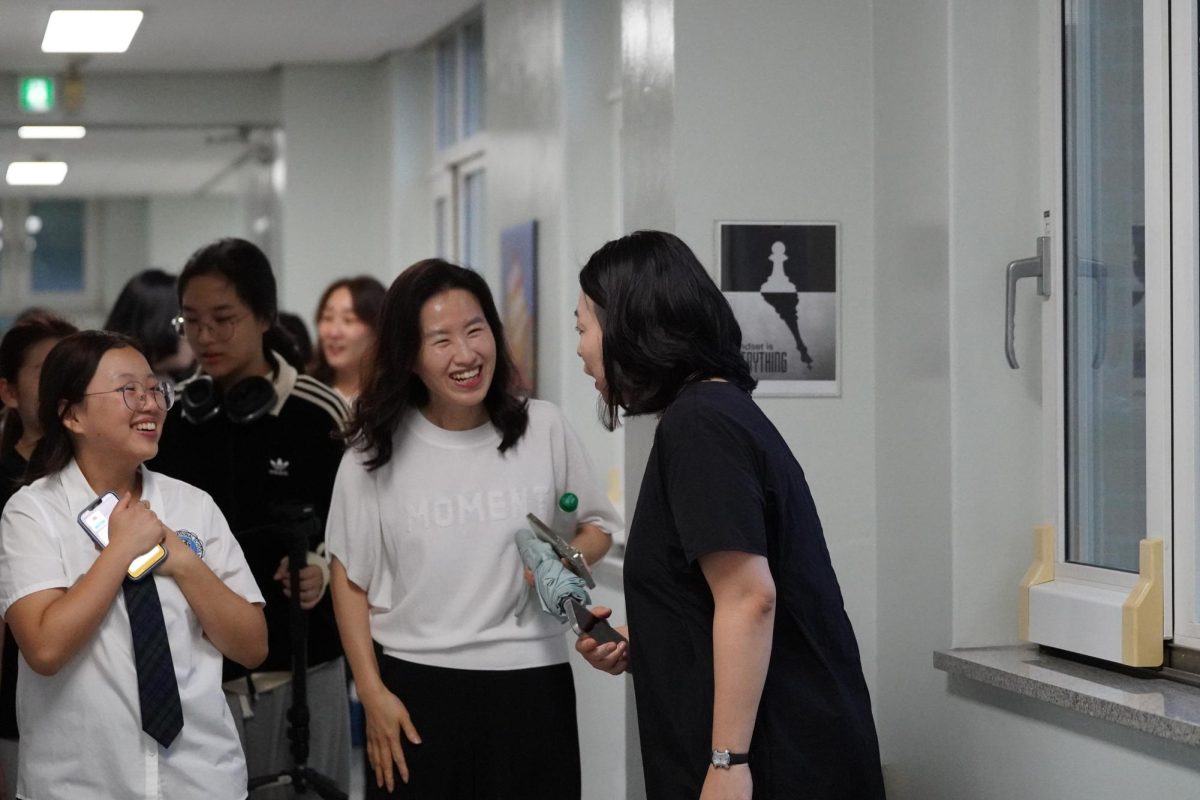








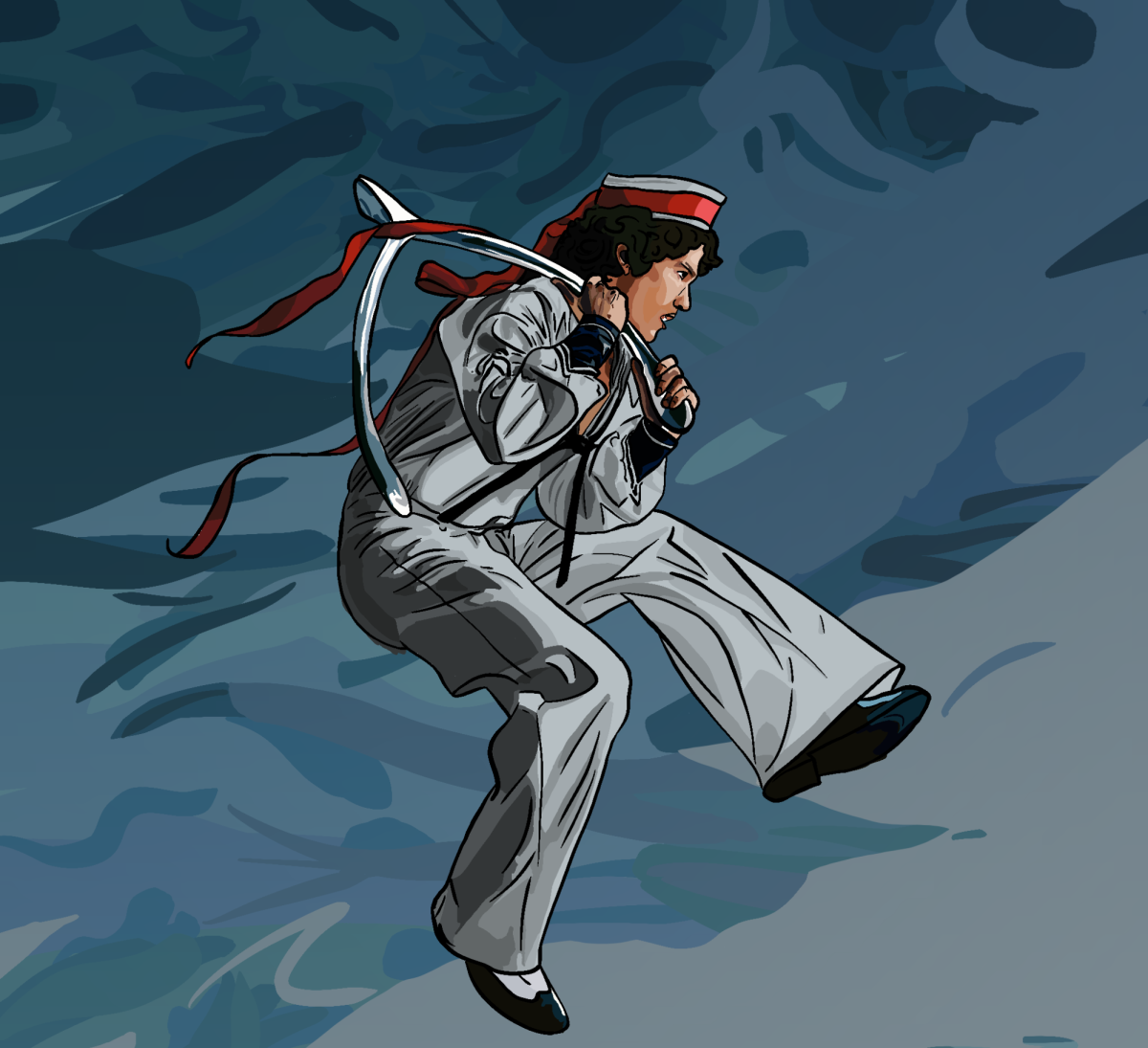
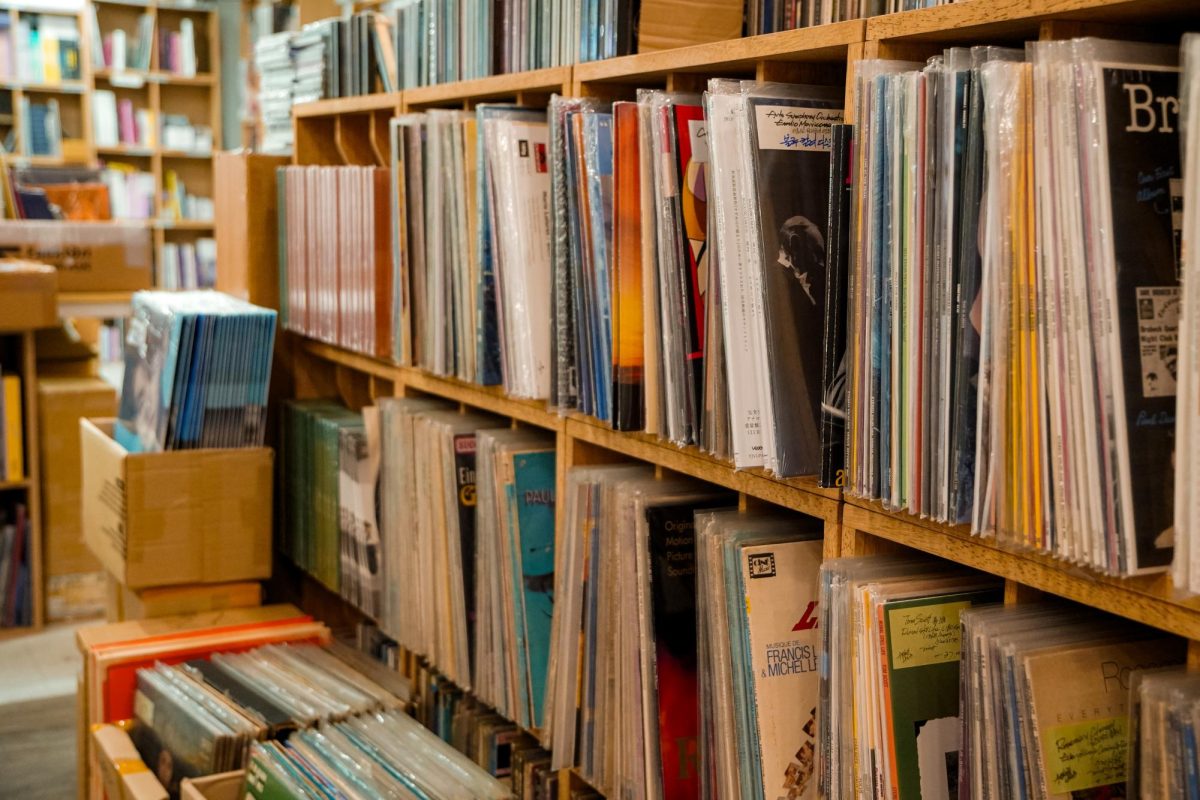
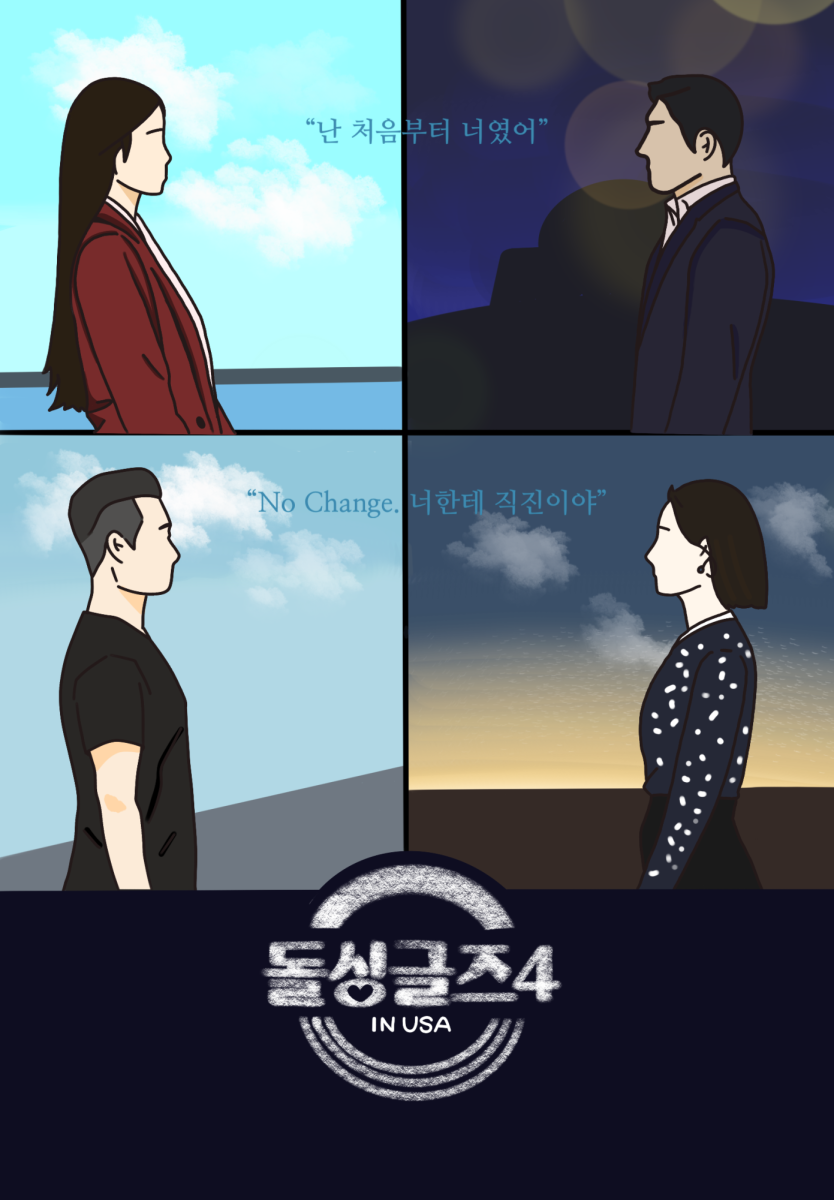






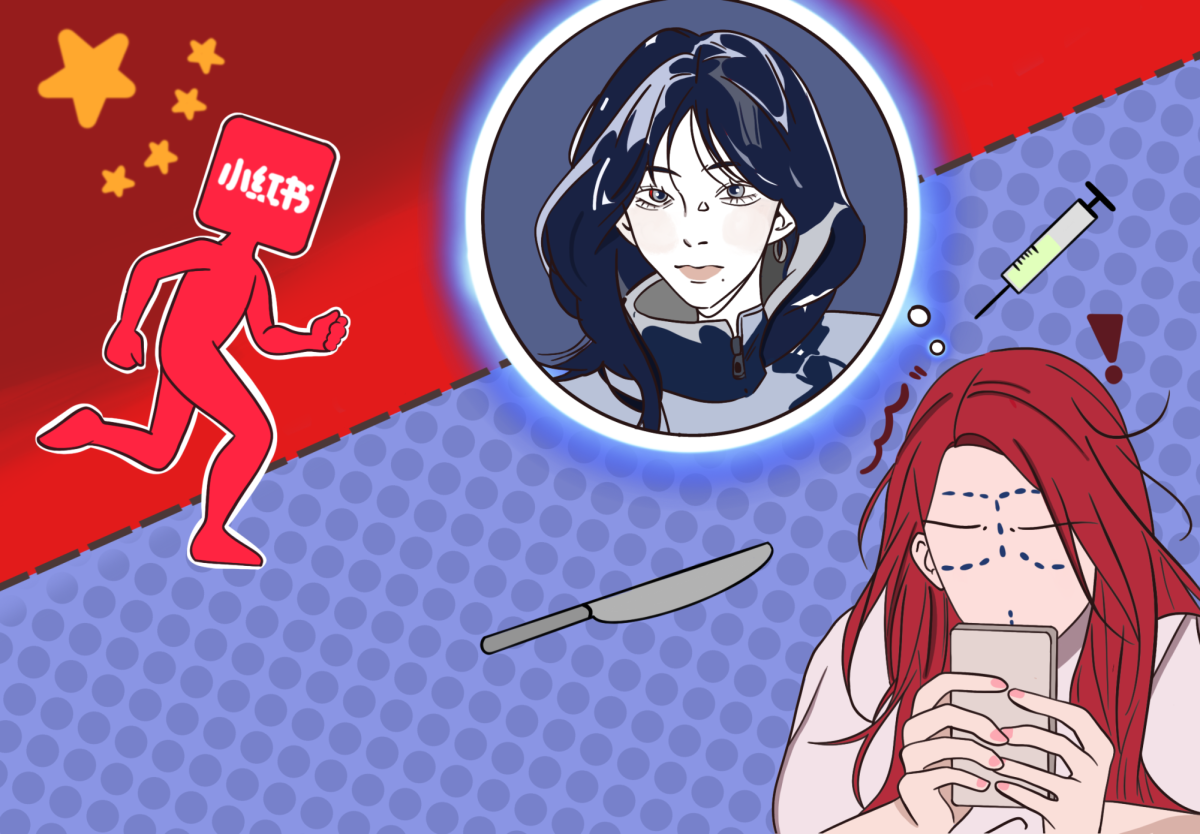








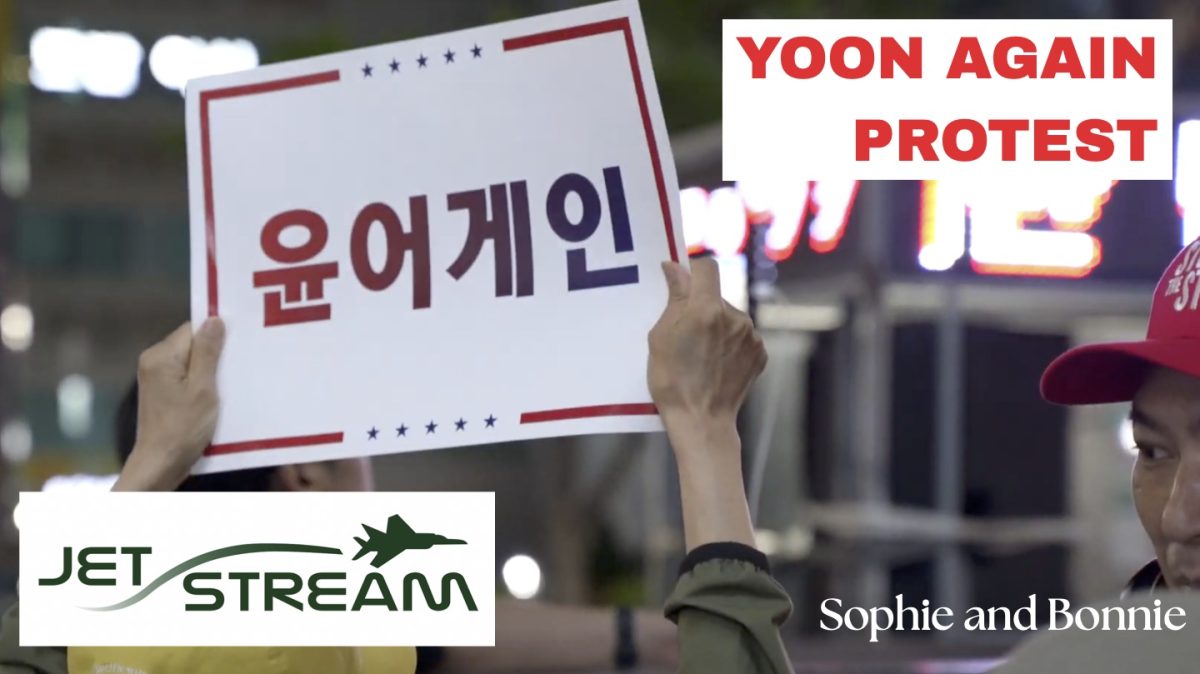




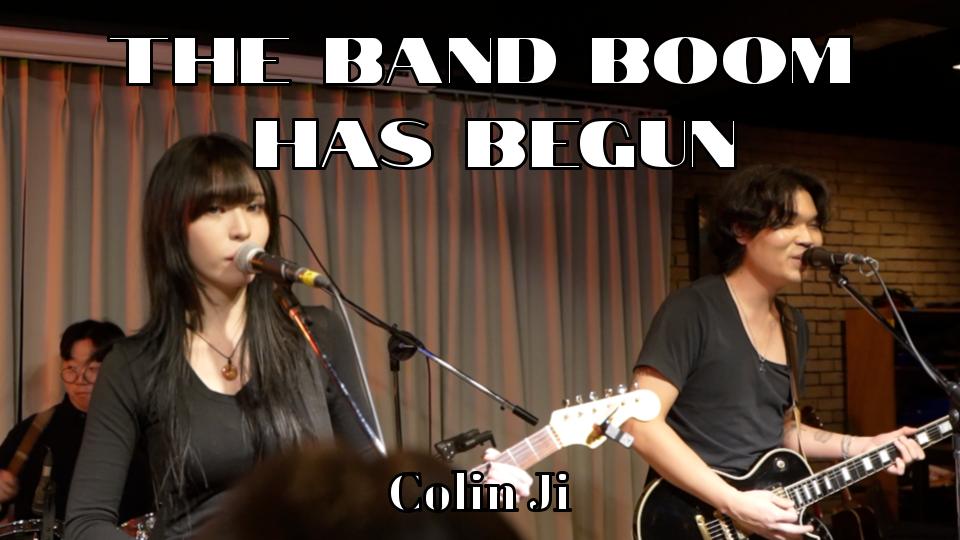
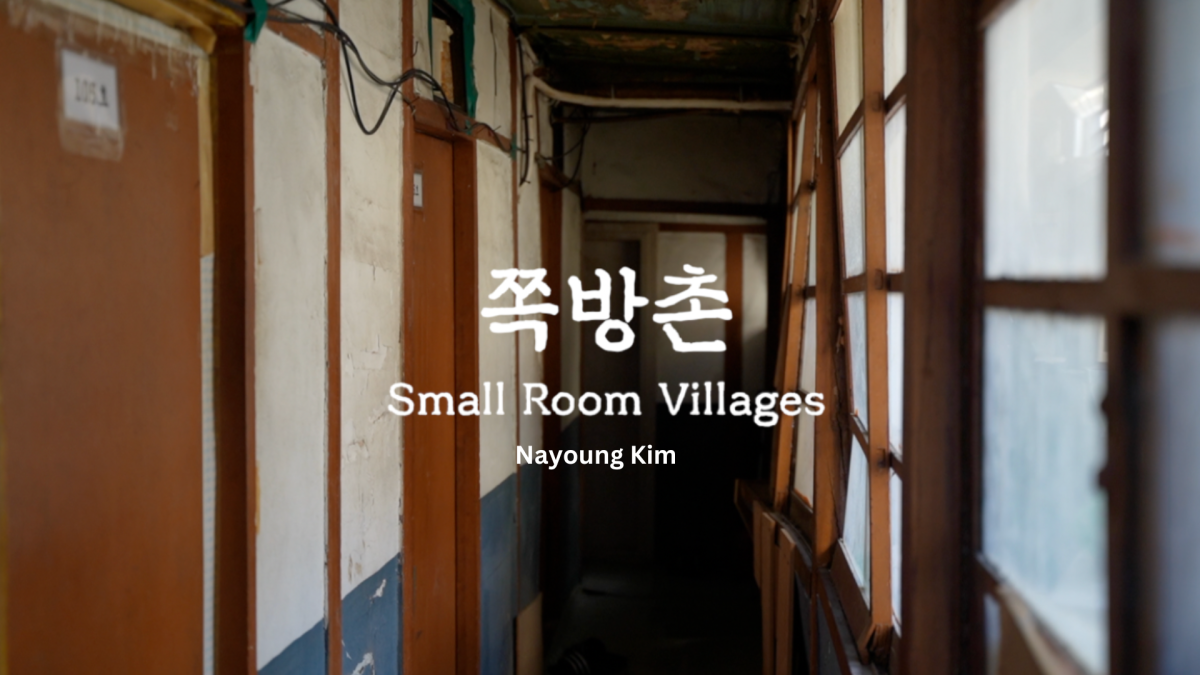








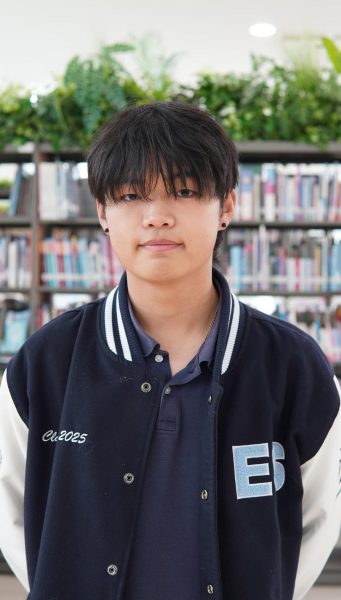
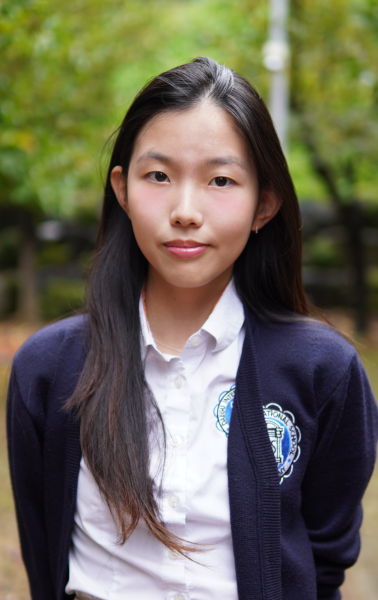
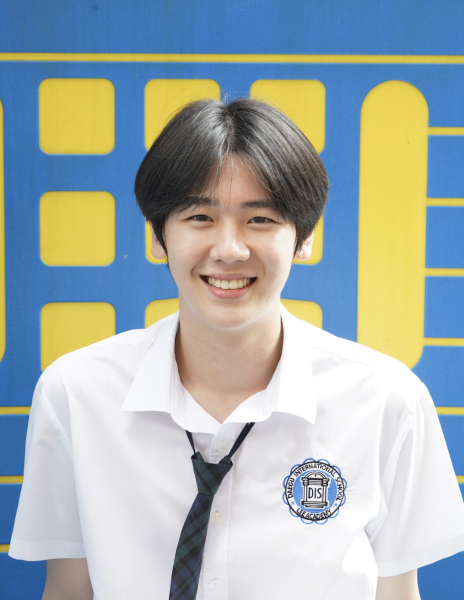
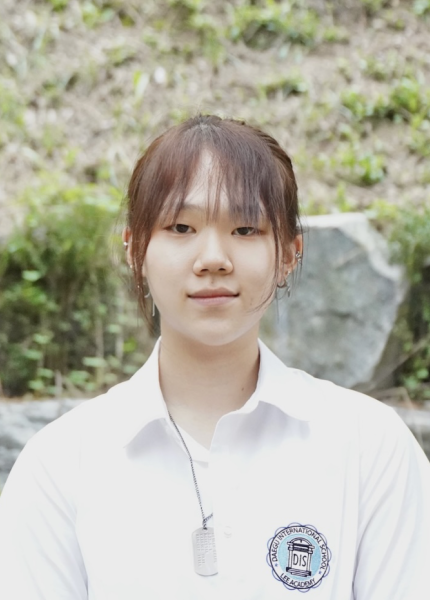
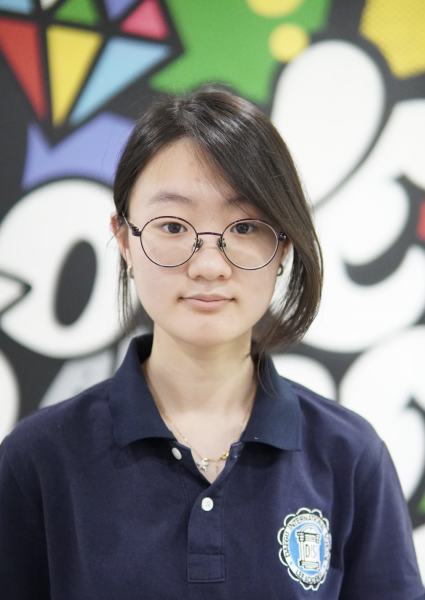
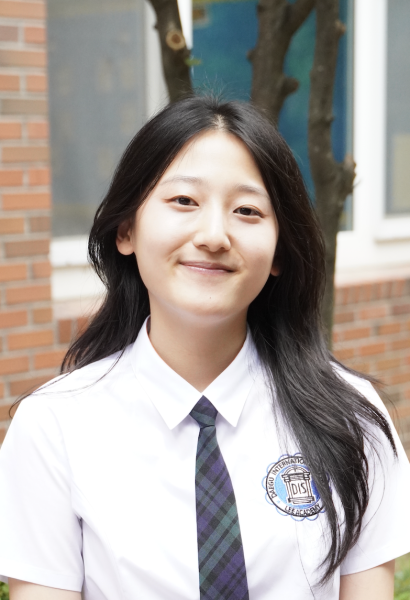
Jerome • Oct 12, 2023 at 7:34 pm
Thank you for the amazing article! I surely feel worried about this new issue.
Elena Lee • Oct 12, 2023 at 7:33 pm
I saw a lot of teenagers drinking and smoking in my neighborhood. I think it is becoming a “trend” among teenagers.
Chirayu • Oct 12, 2023 at 7:31 pm
Man, this is disappointing to see such young people destroying their lives over a pack of cigarettes and alcohol. I though this only happened in the movies!
CJ • Oct 12, 2023 at 7:30 pm
Yeah, I’ve seen this happen a lot on like K-Dramas and a lot of these shows kind of implicitly encourage teens to smoke or drink alcohol as the depictions in Korean media show doing these activities as “cool”
Elba Myung Jekal • Oct 12, 2023 at 7:26 pm
It is really sad that there are a lot of Korean teenagers who take tobacco and soju. My brother also told me when he was in middle school every classmates except him did a smoking or vaping and drank alcohol.